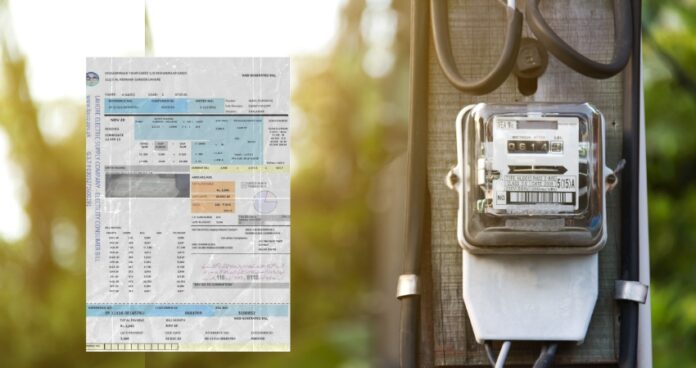Prime Minister Shehbaz Sharif has established a seven-member committee tasked with finalizing plans to reduce power tariffs by lowering taxes, aligning with ongoing discussions with the International Monetary Fund (IMF).
The proposed measure aims to cut taxes on electricity from January to June 2025.
The committee, chaired by Deputy Prime Minister Senator Ishaq Dar, includes Finance Minister Senator Muhammad Aurangzeb, Minister for Economic Affairs Ahad Khan Cheema, Power Minister Awais Leghari, Secretary Power Dr. Muhammad Fakhr e Alam Irfan, Secretary Petroleum Momin Agha, and Federal Board of Revenue (FBR) Chairman Rashid Langrial.
The government expects a significant reduction in electricity costs if its plans are implemented, which include canceling agreements with five Independent Power Producers (IPPs), revising contracts for bagasse-fired plants, converting 17 IPPs to “take and pay” mode, reducing taxes, and re-profiling debts for Chinese power projects. Many of these measures are either finalized or in advanced stages of negotiation.
However, the Finance Division warned that eliminating federal and provincial taxes on electricity—estimated to cost Rs290 billion—would adversely affect Pakistan’s tax revenue collection, fiscal balance, and commitments under the Extended Fund Facility (EFF).
The Finance Division advised the Power Division to consult the FBR and provincial governments before advancing the proposal. The financial impact of taxes on electricity currently amounts to Rs9 per unit, with a total burden of Rs964 billion annually on consumers. Of this, Rs391 billion is the federal share, and Rs563 billion belongs to provinces.
The terms of reference for the committee include finalizing a proposal to lower taxes on electricity, negotiating with stakeholders including provinces, FBR, and the Petroleum Division, and seeking IMF approval before implementing relief measures.
The committee has been given a one-week deadline to present its recommendations to the Prime Minister.




